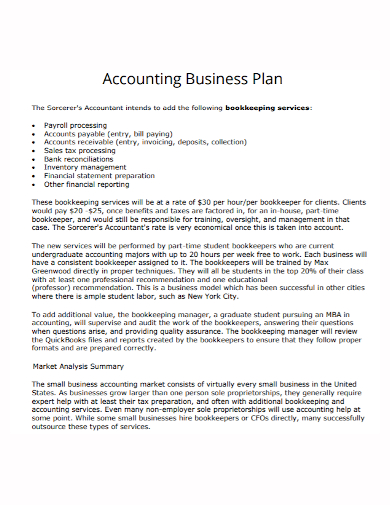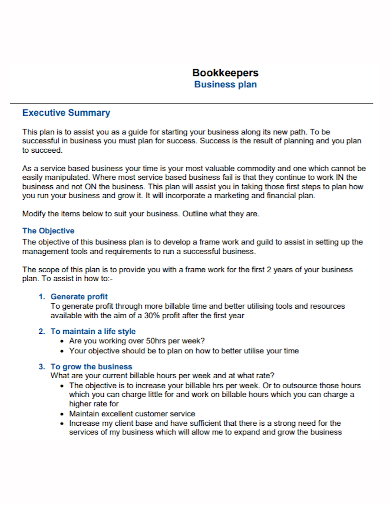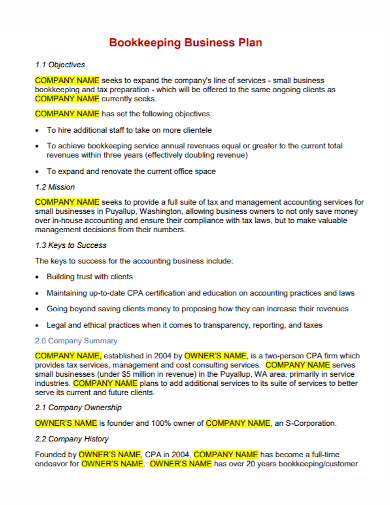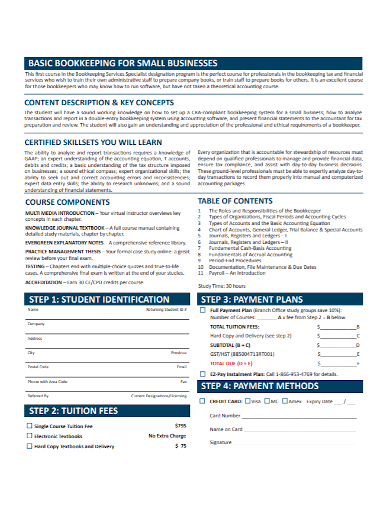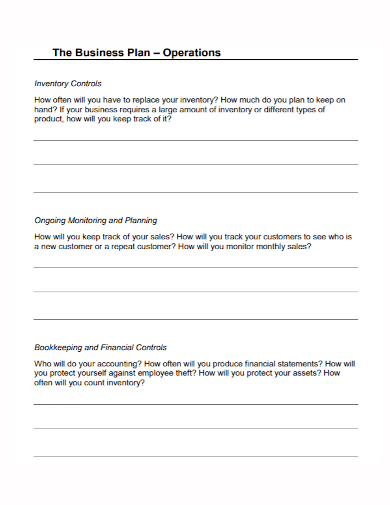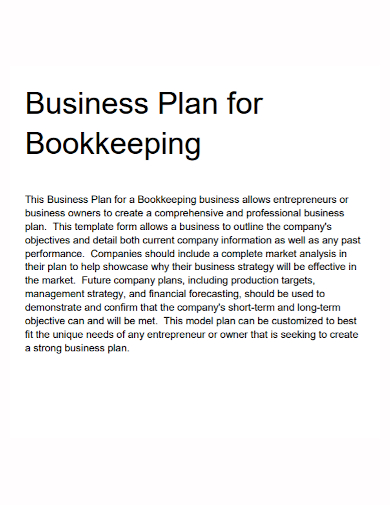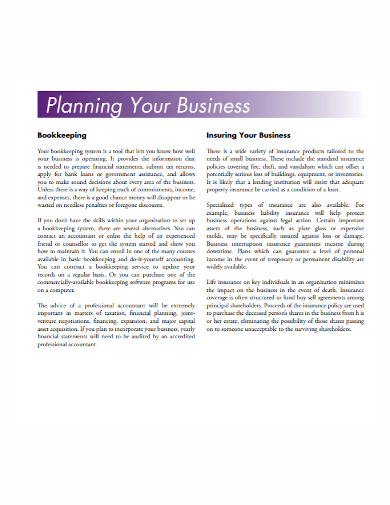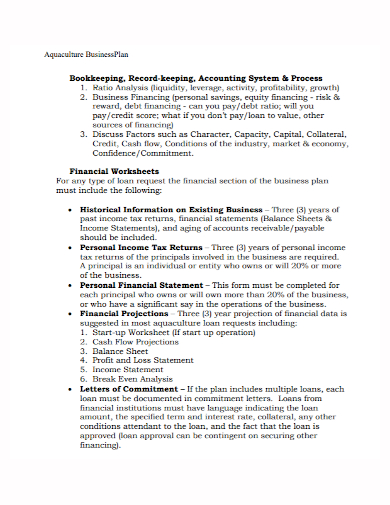Bookkeeping is simply the process behind recording a company’s financial transactions to organize accounts on a daily basis. It’s an essential part of the accounting process of a company. By keeping transaction records updated, you can general accurate financial reports that can help measure overall performance and can also be used when it comes to tax audit. Though bookkeeping is a component of business that can be very important, it’s most often overlooked. Not many businesses have the ability and the resources to do the bookkeeping themselves. Which then creates a demand for the services in the industry. There are already countless bookkeeping businesses out there all over the country, that’s why if you’re planning on starting your own, you have to make sure that you are leading your company along the right direction.
Businesses can be quite difficult entities to manage, even more when you want your venture to generally succeed in a competitive industry. Starting your own business can be very expensive, and trying to make it work against all odds is another level of difficulty that you have to put up with. It can be quite a chore to keep track of everything that you need to cover and take into account for your business. That is why it is generally important to be able come up with a comprehensive enough layout or a plan to make sure that everybody that is working with the business, managers and supervisors most likely, are on track for everything that may or may not be encountered during the entire duration of the business. Regardless if the company is as startup one or not. A well laid out plan does really well in tying all details of the business together, keeping business operations smooth, and ultimately, successful.
Trying to run a business without a business plan is generally not a very good idea since you’d essentially be diving into a venture without a clear idea of where you’re going and how to get there. You can’t wing this, especially not a business that is against larger industries and companies. Being able to come up with a well written business plan and working your business around it comes with a wide array of benefits. Including being able to come up and experiment with new ideas without having to sacrifice valuable time and resources on just experimentation since you’ve already covered the specifics of that in your business plan. But before you actually write one, first check out these bookkeeping business plan samples that we have listed for you down below. Familiarize yourself with the document, what it looks like and how it works, to get the best out of it. Once you’ve acquainted yourself with it, you can then use these samples as guides or even as templates for when you finally begin writing your business plan.
8+ Bookkeeping Business Plan Samples
1. Bookkeeping Business Plan Template
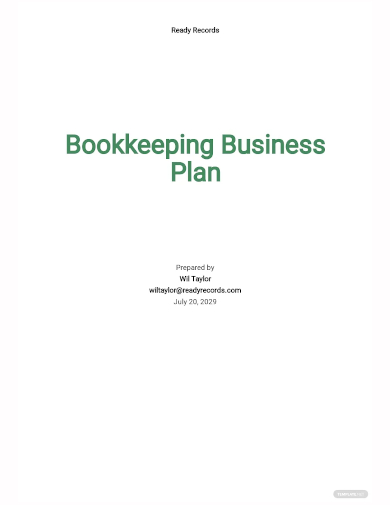
2. Bookkeeping Services Business Plan
3. Bookkeeping Business Plan
4. Company Bookkeeping Business Plan
5. Bookkeeping Small Business Plan
6. Bookkeeping and Financial Business Plan
7. Business Plan for Bookkeeping
8. Sample Bookkeeping Business Plan
9. Aquaculture Bookkeeping Business Plan
What Is a Bookkeeping Business Plan?
A business plan is a document that describes the objectives or goals of the company that they have set for themselves. It also highlights the strategies that the management will take to reach those objectives. A business plan is like a roadmap that the company can follow according to the inputs provided by its different departments like marketing, financial, and operational. Aside from that, the document can also be used to attract prospective investors and potential business partners even before the company has been fully established, which makes it a very good and viable way to secure additional funds and support in the earliest stages of your business. Now you may think that these benefits are only pretty useful to startup businesses and companies.
However, that’s not the case at all. Every company, regardless if it is a startup or not, is encouraged to create their own comprehensive action plan. So that they have a document that they can periodically review and update to see how much progress they have made and how the circumstances that they have been working on has changed. A well written business plan is one that is able to outline the projected costs and the estimated outcomes of the venture, as well as assess the possible pitfalls every decision made by the management may have. And despite its wide prominence and usage in the business and corporate industry, it is still pretty rare to see two business plans from two different companies to be exactly alike. That’s because a lot of companies face unique challenges on their own, which propagates unique problem solving solutions and ideas.
Elements of a Bookkeeping Business Plan
The length of a business plan varies depending on the nature and the scope of the business on which the business plan will cover. However, it is pretty common for business plans to be about 15 tp 20 pages long, which again depends on the nature of your venture. And even though no two business plans are alike, they still heavily operate with about all the same elements. These elements will be listed and discussed in more detail below.
- Executive summary
A business plan should open with an executive summary that highlights what the company is and what the organization ultimately stands for. As well as details regarding the mission-vision values of your company, company leadership, employees, employee operations, and where the business operates or where it is located. - Products and services
The products and the services that the company is currently offering should be presented in the following section of your business plan. It should also contain the list of prices, product lifespan and duration of services, as well as the benefits that clients may gain after doing business with you and your company. You can include other factors as well such as the manufacturing and production processes, patents, and proprietary technology. - Market analysis
A business needs to have a perfectly clear idea of their target customer base and what their demographic is. Proper market analysis will be able to give you an idea of who or what the competition is as well as how you can stay ahead of that competition. Outline the expected consumer demand and how difficult it would be to take advantage of that. - Marketing strategy
After you’ve done your market analysis, you have to then identify the strategies that your company will put in place to attract the customer base and have them return for a repeat business. Present a clear distribution channel that includes the marketing and advertising campaigns, as well as through which mediums will these campaigns be disseminated. - Financial planning
A well drafted financial plan can be extremely appealing for your audiences, especially for potential investors and business partners who wish to take part in a venture that has the ability to return a good investment. Financial statements, balance sheets, and other financial information needs to be present for this. - Budget
A company needs to have a proper budget set in place that includes the costs, manufacturing, development, marketing, and the expenses that your business will make.
FAQs
What exactly does a bookkeeper do?
Bookkeepers are often responsible for the accounts of an entire company or business. They essentially record all transactions and post debits and credits.
How much do bookkeepers make?
A median annual bookkeeper makes about $40,240 per year, with an hourly rate of $19.35.
What can a bookkeeper not do?
A bookkeeper can process the system but cannot design, approve, or review the system that lets the client rely on it.
One last quality of a business plan that you have to remember is that the document is not supposed to be left static. To get the best of the document, you have to work with it ‘live’. Meaning that it should be updated, reviewed, and changed regularly to adapt to how the business changes and the circumstances around it over time. It’s like a living entity, something that grows as your business grows.
Related Posts
FREE 14+ Consulting Business Plan Templates
FREE 13+ Sample Software Business Plan
FREE 13+ Sample Daycare Business Plan
FREE 10+ Juice Bar Business Plan Templates
FREE 10+ Rental Property Business Plan Templates
FREE 10+ Food Catering Business Plan Samples
FREE 9+ Immigration Business Plan Samples
FREE 8+ Distributor Business Plan Samples
FREE 8+ Sample Personal Business Plan
FREE 7+ Sample Short Business Plan
FREE 31+ Sample Business Plan
FREE 25+ Sample Construction Business Plan
FREE 18+ Sample Business Plan Formats
FREE 14+ Travel Business Plan Templates
FREE 14+ One-Page Business Plan Samples

